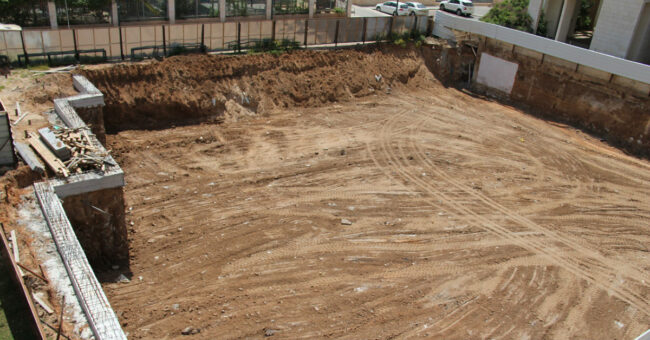Best Practices for Construction Site Budget Management
Creating a budget for a construction site is a crucial step in ensuring the success and profitability of a project. Stakeholders, including project managers, contractors, and investors, rely on accurate and comprehensive budgets to make informed decisions, allocate resources effectively, and mitigate financial risks. Crafting a strategic financial plan involves several key steps, beginning with a thorough understanding of project requirements, scope, and timelines. Civil construction is affordable and amazing!
To start, stakeholders must conduct a detailed analysis of project specifications and objectives to determine the scope of work and anticipated costs. This includes assessing site conditions, material requirements, labor needs, and any specialized equipment or services that may be necessary. Collaborating with architects, engineers, and other project stakeholders can provide valuable insights and help identify potential cost-saving opportunities.
Once project requirements are defined, stakeholders can begin to develop a budget that accurately reflects the anticipated expenses and revenue streams associated with the construction site. This involves estimating costs for materials, labor, equipment, permits, insurance, and overhead expenses, taking into account factors such as inflation, market conditions, and regulatory requirements. Utilizing historical data, industry benchmarks, and input from subject matter experts can help stakeholders create realistic and achievable budget projections.

Effective budget management is essential for maintaining financial stability and achieving project objectives throughout the construction process. Stakeholders must establish clear financial controls, monitoring mechanisms, and reporting protocols to track expenses, identify variances, and make informed decisions in real time. Implementing a robust project management software system can streamline budget tracking and facilitate communication and collaboration among project stakeholders.
Regular budget reviews and updates are essential for ensuring that the construction site budget remains on track and aligned with project goals. Stakeholders should conduct periodic cost analyses, compare actual expenses to budgeted amounts, and adjust forecasts as needed to address any discrepancies or unforeseen challenges. Proactive risk management strategies, such as contingency planning and contract negotiations, can help mitigate financial risks and protect against budget overruns.
In summary, creating a budget for a construction site requires careful planning, analysis, and collaboration among stakeholders. By following best practices in budget development and management, stakeholders can establish a solid financial framework that supports project success and delivers value to all parties involved.
